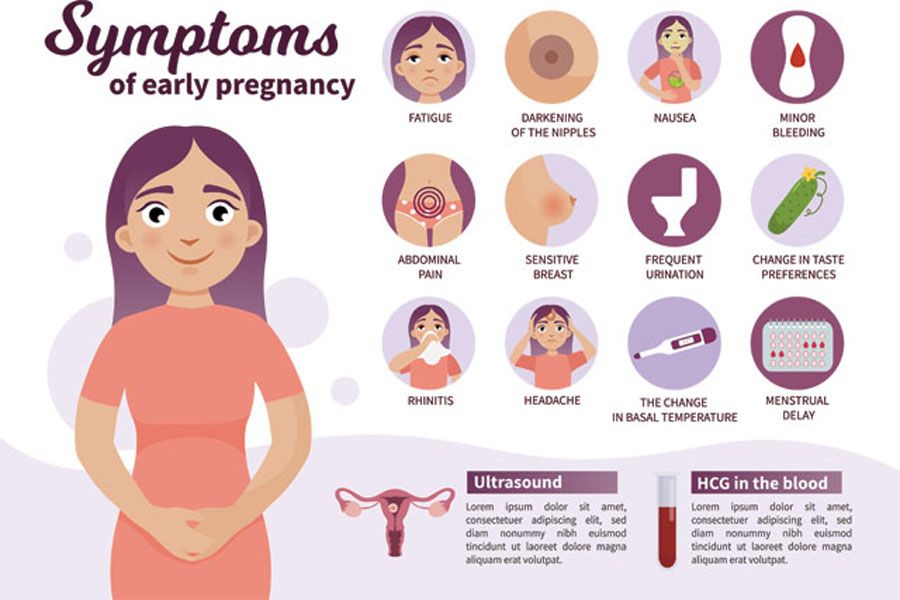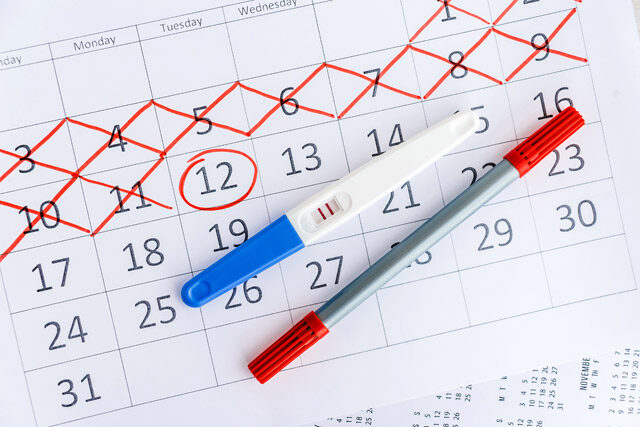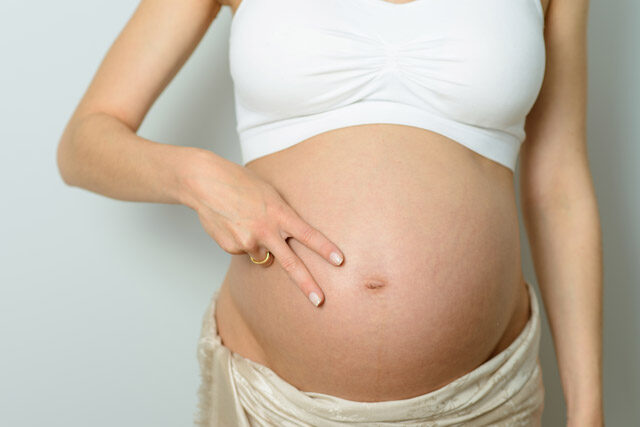The beginning of pregnancy is a period full of controversies. This is one of the reasons women may not be sure whether they are expecting a baby or not. Are you in the same situation now? You are not alone here. Let us help you find a way in such a difficult issue as determining pregnancy.
Major Symptoms Signaling Pregnancy
Let’s start with the classics of pregnancy and the symptoms most often associated with this condition. The major signal of expecting a baby is a missed period. If more than a week has passed since you’ve missed your period, it is more than likely you’ve got a new life growing inside. However, this symptom doesn’t work for women with irregular menses as they never know when to expect the bleeding.
Another sign is tender breasts. The sensations are similar to those some women feel during their PMS; this may be confusing. But if you’ve never had that symptom before your period, it is likely that the pregnancy hormonal changes are to blame.
Nausea during pregnancy is probably, among the most spoken about symptoms. It is called morning sickness, but those who have been pregnant at least once will confirm that it happens throughout the day or night. Still, this symptom doesn’t help to determine pregnancy as it usually starts 6 – 9 weeks into pregnancy.
As if nausea is not enough, pregnancy can also be the reason for food aversions. Studies say that 69.2% of pregnant women do have this pregnancy symptom. So if this is the thing that has started bothering you lately, there is a reason to do a pregnancy test.
Early Signs of Pregnancy
While the symptoms we’ve already mentioned appear at least a week after conception, there is a range of early signs of pregnancy you may notice earlier. Let’s talk in more detail about some of them.
- Implantation bleeding. This one is considered a reliable sign of you being pregnant. This type of bleeding may happen 6 to 12 days after conception. This symptom is characteristic of about 30% of all pregnancies. It differs from menses with a lighter color of the vaginal discharge and shorter duration ( up to 3 days).
- Mood swings. You go from laughing to crying in just no time? That may be another signal of pregnancy. Hormonal fluctuations create hard times for your nervous system, which will likely continue throughout pregnancy.
- Lower abdominal cramps. Light cramping may accompany the first days after the implantation of the fertilized egg. The sensations are milder than menstrual cramps but still quite noticeable.
- Tiredness and sleepiness. A lot of pregnant women feel like they are endlessly tired and want to sleep any time of the day.
Getting Confident about Pregnancy
Pregnancy symptoms may appear or may not. It depends on the woman. The only way to confirm pregnancy is to perform a home pregnancy test. It looks for human chorionic gonadotropin (hCG) in the urine. This is a hormone produced exclusively in pregnancy.
In case this test is not informative enough (i.e. the second line is indistinct), you can ask your health care provider for a blood test. It also works by determining the presence of hCG. But instead of urine, blood is used. In fact, there doesn’t exist any more reliable method of detecting pregnancy than blood tests.
Once you test positive for pregnancy, you should make an appointment with your OB-GYN or midwife to pass an ultrasound check and confirm intrauterine pregnancy.
What Should You Do Once You Learn about Pregnancy?
If you are glad about the news of expecting a baby and want to continue with the pregnancy, the day you find out about your new state is the best time to do everything you can to ensure the normal development of the fetus and your own good health. What should you do about this? We’ve got some pieces of advice.
- Keeping to a healthy diet. Food cravings can be severe during pregnancy, but you should still follow the principles of healthy nutrition. Fruits, vegetables, essential oils, and good fats should be on your daily menu.
- Start taking a prenatal vitamin. Your body needs an extra portion of vitamins and minerals to create a new life. A healthy diet only may not be enough to replenish the demand. Therefore, your doctor will recommend taking some prenatal vitamins.
- Take folic acid. Folic acid deficiency causes neural tube defects in fetuses. This is a severe medical condition that can cause disability to newborns or even their death.
Final Words
Regardless of whether you are hoping to conceive or desperately want to avoid pregnancy, knowing its early signs can be helpful. However, the presence of the mentioned symptoms is not a guarantee of expecting a baby, and neither does their absence prove you are not. So only urine or blood testing can give you the answer you can trust.




